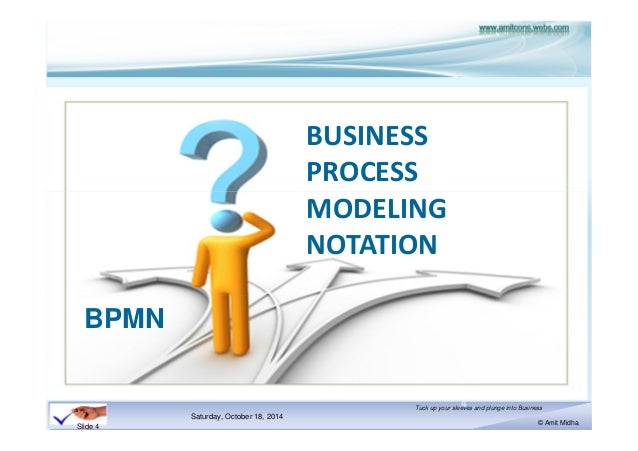

Flexible delivery – you can study on any device.Flexible schedule – you can study where and when you want – you only require internet access.

It comes with an exam too, so there are no extra costs to you. Saves you money – the price of our BCS Modelling Business Processes course is very competitive.Models provide the basis for studying and testing a process design and measuring process outcome. Analysis and modelling facilitates improvement through uncovering anomalies, redundancies and deficiencies. Business process models provide a baseline from which to improve. You don’t even need to go to an exam centre because you can take your Modelling Business Processes exam online too. The accurate description of business processes requires rigorous analysis.
Business process modelling certificate how to#
Furthermore, this course shows delegates how to implement varying process modelling strategies, including the organisational view and more detailed models.
Saves you time – you don’t need to travel to a course venue. The Modelling Business Processes training course concentrates on improving the delegates’ ability to analyse and improve business processes through the use of practical business analysis techniques. By self-studying online rather than in a classroom there are some key benefits: Benefits of elearningĪn online elearning course is ideal for busy people. We are confident that our interactive elearning will help you gain an understanding of modelling business proceesses so that you can sit your BCS Modelling Business Processes exam with confidence. Our course is highly interactive, and exercises have been designed to aid a deeper level of understanding, leading to longer-lasting learning. We don’t think that’s a good way to help students learn, nor does it engage learners. Some competitors develop e-learning cheaply by simply filming a trainer in a classroom. Like all our online courses, this course has been designed using the latest best practices in elearning. No browser plugins or installation files are required. Attendees will learn industry standard notation. The BCS Certificate in Modelling Business Processes (MBP) course provides delegates with an overview of the principles and techniques of business process. This course is delivered by BCS-accreditedtrainers with practical experience of business process modelling and analysis. It is fully responsive, so it fits any device and screen size – desktop, tablet and mobile. Expleo Academy’s BCS Certificate in Modelling Business Processes provides attendees with the knowledge and tools to identify, model, and improve Business Processes. If your country or qualification is not listed, you can still apply for this course and we will assess your eligibility.This online self-study Modelling Business Processes course has been designed with the latest web technologies, so it works on Windows, MacOS, iOS and Android. Learn to apply practical business analysis techniques which will strengthen and improve your business processes. During this course you will learn how to investigate, model, analyse and improve business processes at a range of levels, from organisational to task level. Approved English-speaking countries are Australia, Canada, England, Ireland, New Zealand, Scotland, South Africa, United States of America and Wales. A certification that employers around the world respect and value. Your scores and prior qualifications in English-speaking countries are considered. Select the country where you completed your studies to see a guide on meeting QUT’s English language requirements. Please note that this is a 2-Day course and counts as two courses towards your BPM Certificate. All work experience must be post degree studies. The Business Process Modeling Notation (BPMN) is a standard for business process modeling, and provides a graphical notation for specifying business processes in a Business Process Diagram (BPD). These must include position details and roles and responsibilities. *You must provide a detailed curriculum vitae and employer statements with your application. A completed recognised bachelor degree in the field of information technology or business orĪ completed recognised bachelor degree (or higher award) in any discipline and three years industry experience in business or information technology related fields.*






 0 kommentar(er)
0 kommentar(er)
